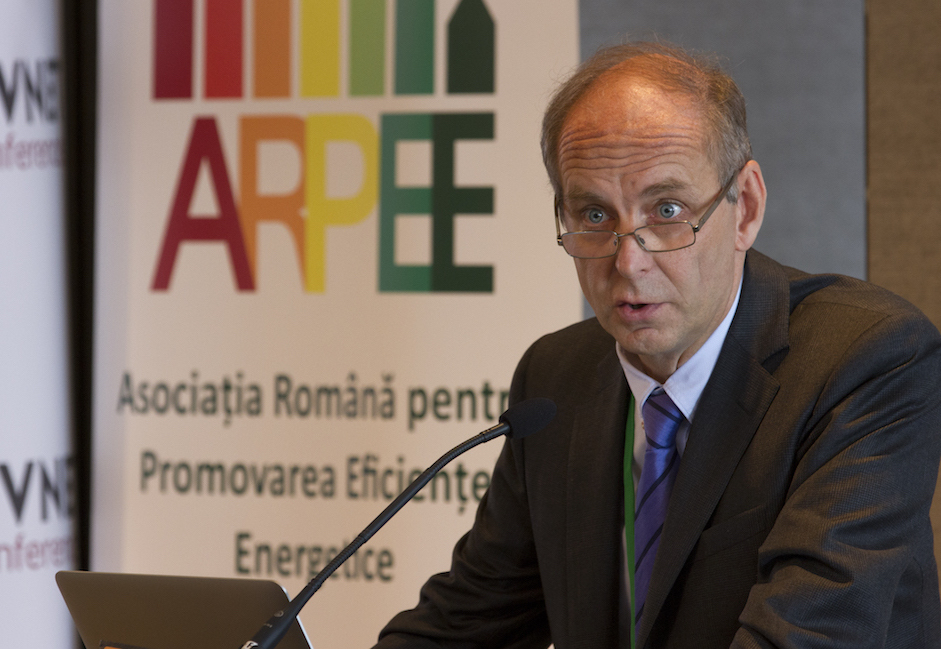EU guidance rules have negative impact on investments in energy efficiency in the public sector

A survey conducted by The European Association of Societies of ESCO (UE.ESCO) together with the European Federation of Intelligent Energy Efficiency Services (EFIEES)-as volunteer co-administrators of The European Code of Conduct on Energy Performance Contracts (EPC), based on Eurostat guidance note showed that EU guidance rules have negative impact on investments in energy efficiency in the public sector.
Ten member states (Austria, Belgium, Bulgaria, Ireland, Portugal, Romania, Slovakia, Slovenia, Spain and Sweden) out of 15, participant to the survey, have reached the previous conclusion.
The guidance note "Impact of energy performance contracts on the state budget" published by Eurostat last year explains very clearly what the European System of National and Regional Accounts (SEC 2010-in force since September 2014) was stating, and it looks like Energy Performance Contracts (CPE) are not in a favorable position.
ESCOROM and ARPEE, as Romanian co-administrators of the European Code of Conduct on Energy Performance Contracts, revealed that the Eurostat suggested norms regarding the deficit and public debt have a negative impact on investments in the energy efficiency in the public sector in Romania, and “can be easily interpreted as a barrier regulations of discouraging investment in energy efficiency in the public sector” (Gerard Verdebout, president of ARPEE). “One of the most important goals of ARPEE is to advise on the appropriate measures to remove the regulatory barriers, as well as other obstacles in achieving the energy efficiency", he affirms.
Also, the rules are a serious obstacle to the development of EPC public markets in several Member States and an obstacle to regulation for contracting and energy efficiency investments in the public sector, or so do believe Volker Dragon, President of the European Association for ESCO services (EU.ESCO) and Valerie Plainemaison, General Secretary of the European Federation of Intelligent Energy Efficiency Services (EFIEES).
by Mihaela Constantin






